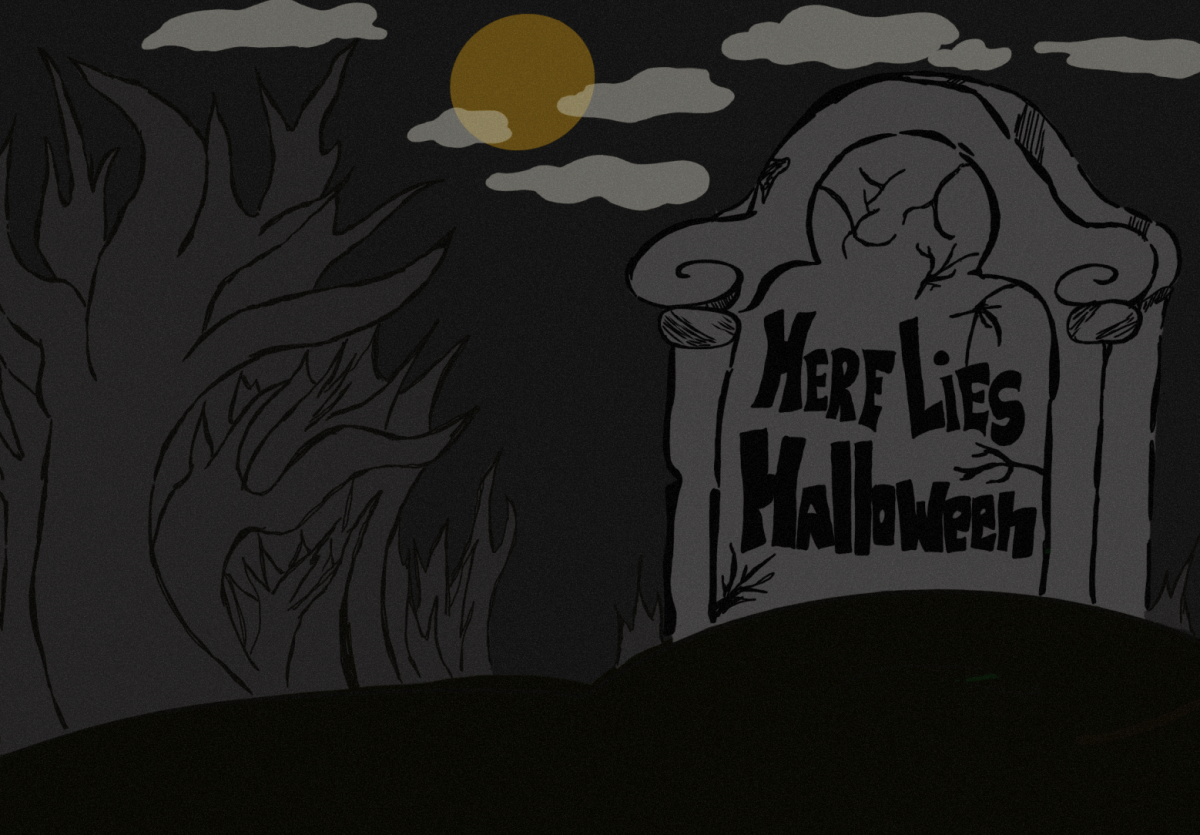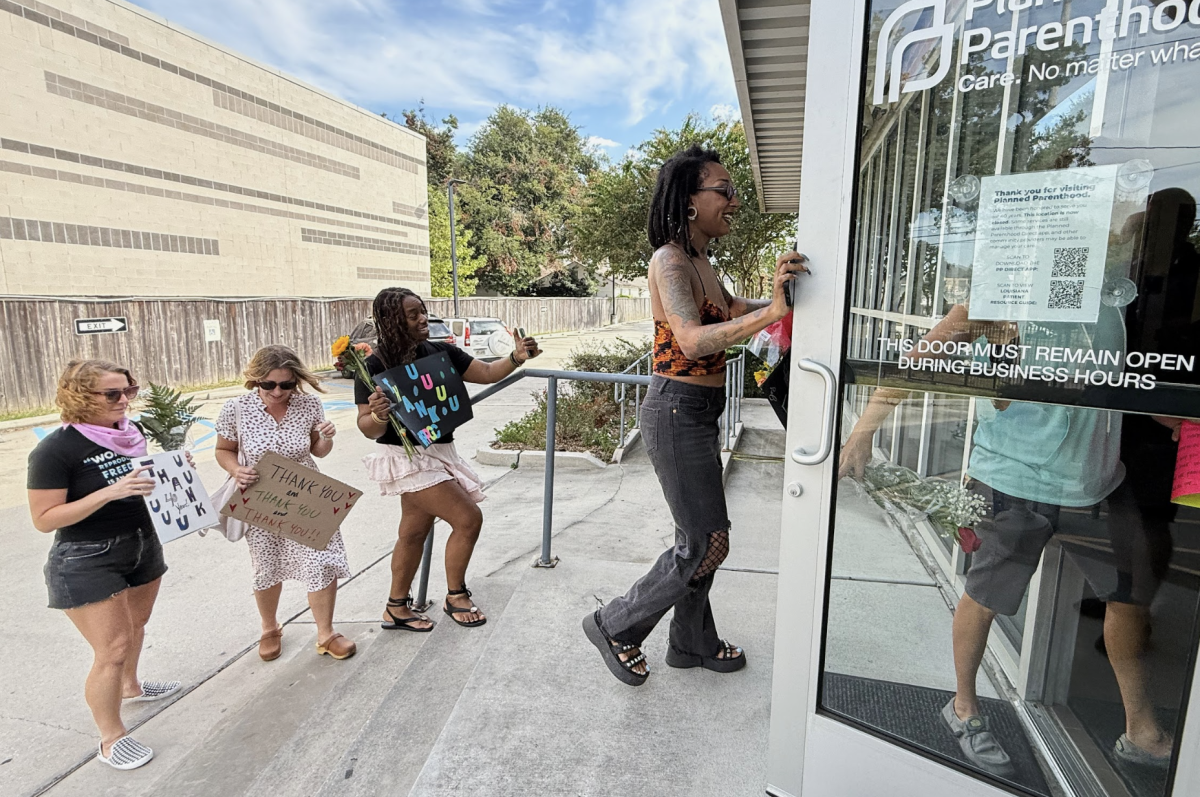By Asia Wong, LCSW, Associate Director of the University Counseling Center
What is mindfulness? “Mindfulness means paying attention in a particular way, on purpose, in the present moment, and non-judgmentally”, says Jon Kabat-Zinn Professor of Medicine Emeritus and creator of the Stress Reduction Clinic and the Center for Mindfulness in Medicine, Health Care, and Society at the University of Massachusetts Medical School. We can break this down into three parts.
Paying attention on purpose: choose to focus, rather than to distract. If your first impulse when you are stressed is to watch an hour of Netflix (which ends up turning into four hours of Netflix) try allowing yourself to focus on your feelings instead.
In doing so, focus on your feelings in the present moment as opposed to engaging in regretful thoughts about the past or anxious thoughts about the future. Instead, ground yourself in the here and now. Allow yourself to experience your anxiety about one thing at time as opposed to amplifying anxiety with additional worries.
As you notice your thoughts and feelings in the present moment, remind yourself to be non-judgmental. This means allowing yourself to experience your feelings without an accompanying soundtrack of self-doubt and recrimination.
For example, let’s say you’re stressed about an upcoming exam. Instead of Netflix and dread, you pick mindfulness and peace. Ask yourself “What sensations in my body am I experiencing right now? What thoughts? What feelings?” As thoughts about the past or future intrude, gently bring yourself back to the present. You can tell yourself “I can worry about that later, right now I want to focus on my current feelings.” Treat self-criticism as a minor distraction and give yourself permission to experience your anxiety without judgement. “I’m allowed to feel nervous without thinking that I am an idiot.” As you focus on your thoughts and feelings, recognize them as transitory—you won’t always feel this way. Notice the sensation of the anxiety passing, and calmness replacing it.
If this sounds difficult or foreign, I want you to know that it’s likely you are already using mindfulness in your daily life! Think about the last time you stubbed your toe. Did you keep walking, putting full weight on that injured toe? Did you think about all the stubbed toes of the past, or ruminate on the potential for more stubbed toes in the future? Did you tell yourself, “I’m the clumsiest person in the world!” or “Only an idiot like me could stub their toe?” Did you immediately kick your toe right back into that table leg over and over again? If the answer to these questions is yes, the probable outcome is that you ended in bed, overwhelmed, in pain, and unable to function. But most of us don’t do any of those things when we stub our toes. Instead, did you stop moving and stand there for a minute, allowing yourself to experience the physical pain? Maybe you screamed or cursed, but you also just waited for the pain to pass. And it did, and you went on with your life. Imagine doing the same thing when you have an anxious thought or an anxiety-provoking experience. That’s mindfulness!
Want to learn more strategies to manage your anxiety? Come to the UCC’s free Anxiety Management Workshops. Thursdays, 12:30 pm-1:30pm, at the Student Success Center (MA 112). The workshops focus on skill-building as opposed to self-disclosure, and no preregistration is necessary. For more info, go to http://bit.ly/loynoworries, or e-mail [email protected].












Rick • Sep 29, 2017 at 3:15 pm
Great article! Anyone serious about creating a great life needs to check out the streaming club. I got involved with it a few months ago and its changed my whole life- income, relationships everything. You can read a very good review of it here:
http://affiliatehacks.weebly.com/streamingclub.html
Keep up the awesome content!